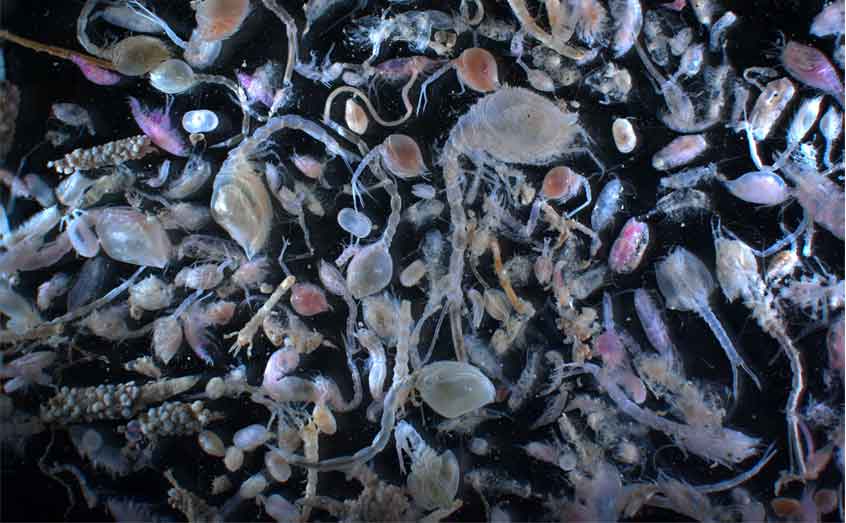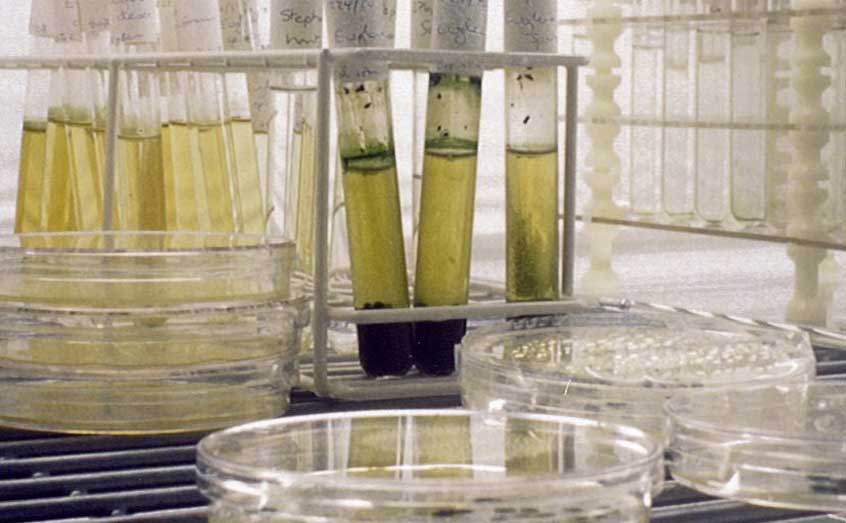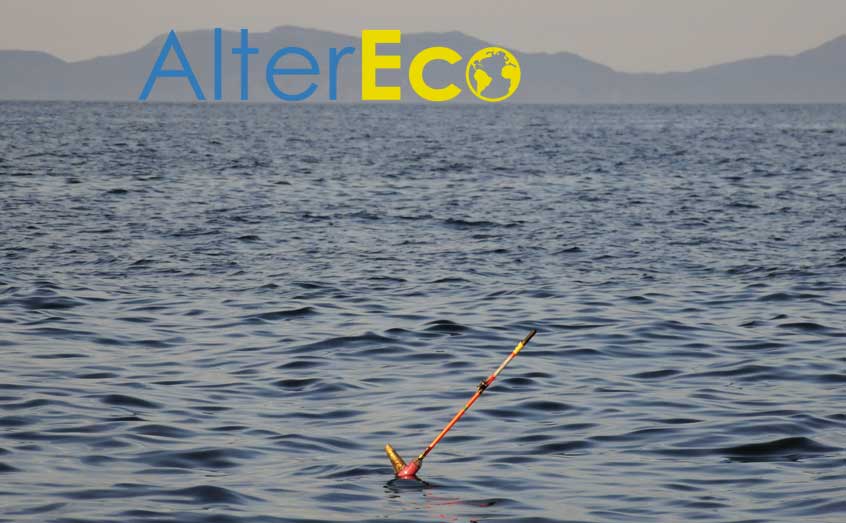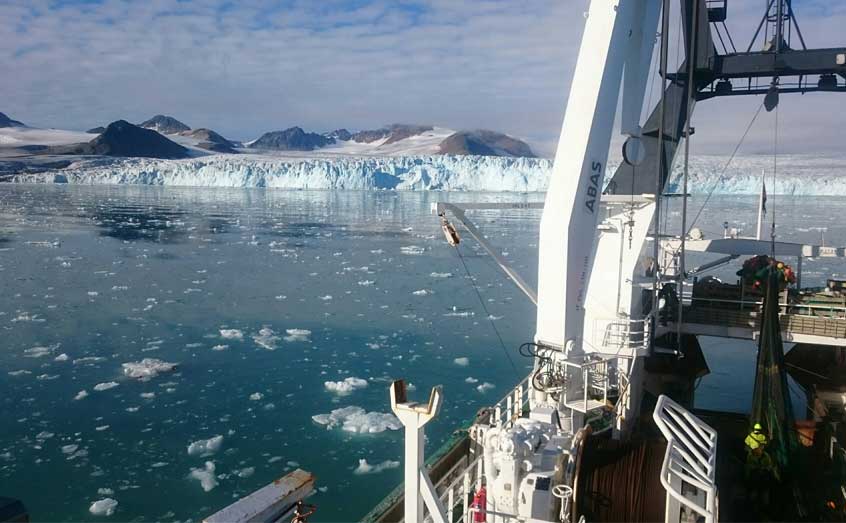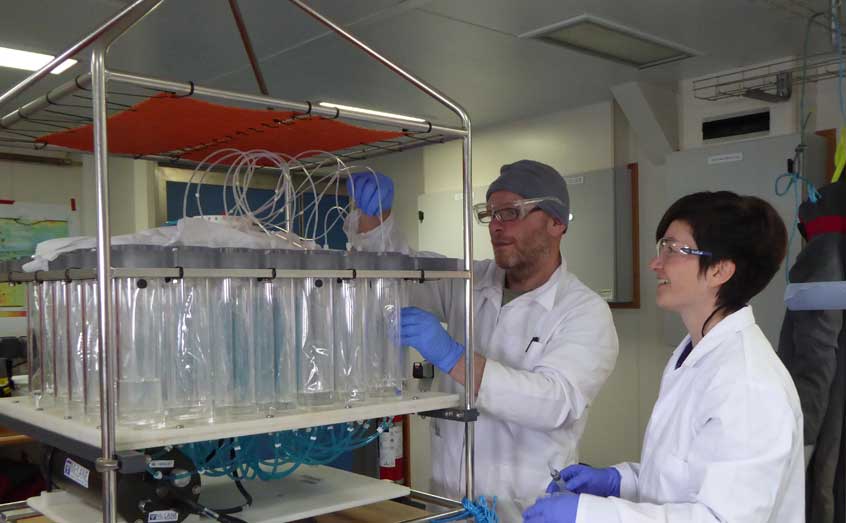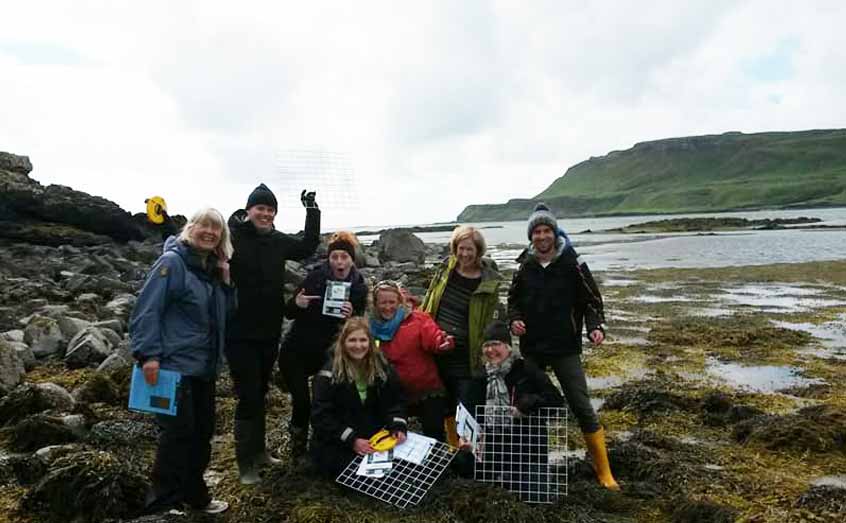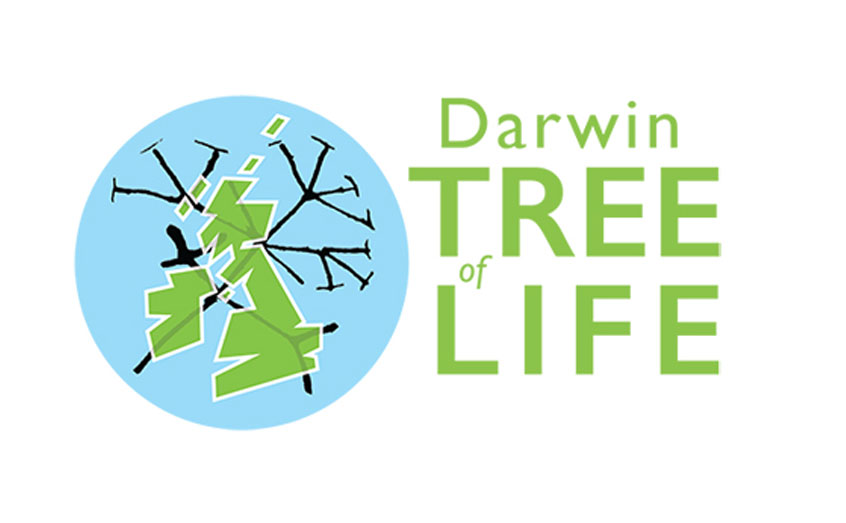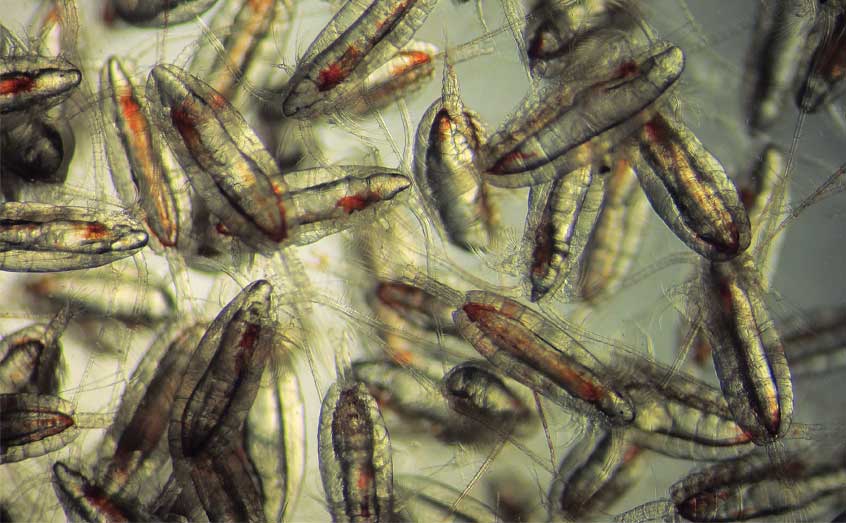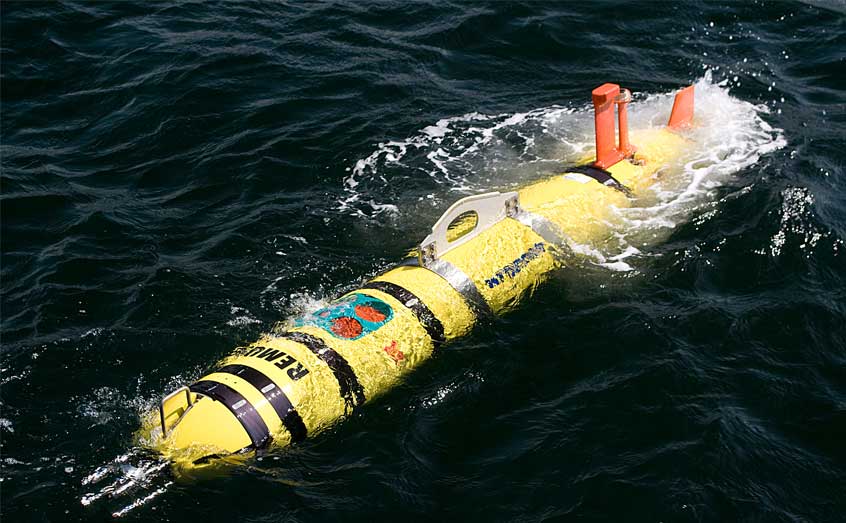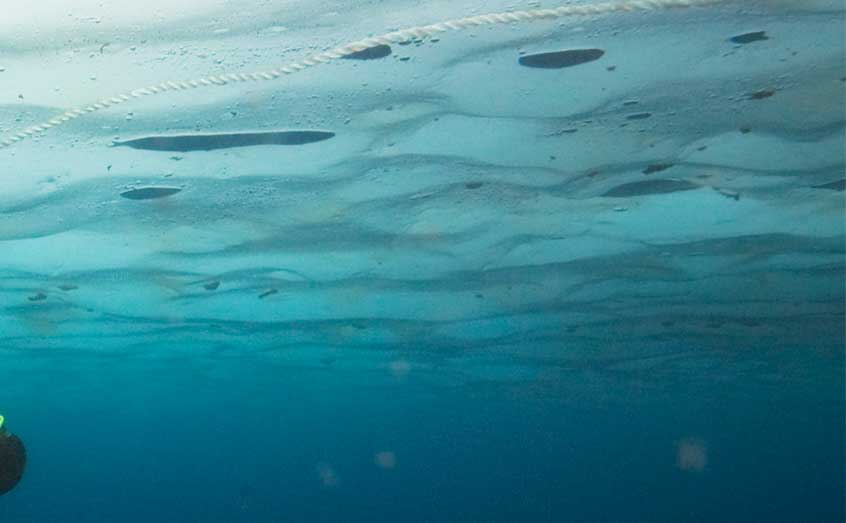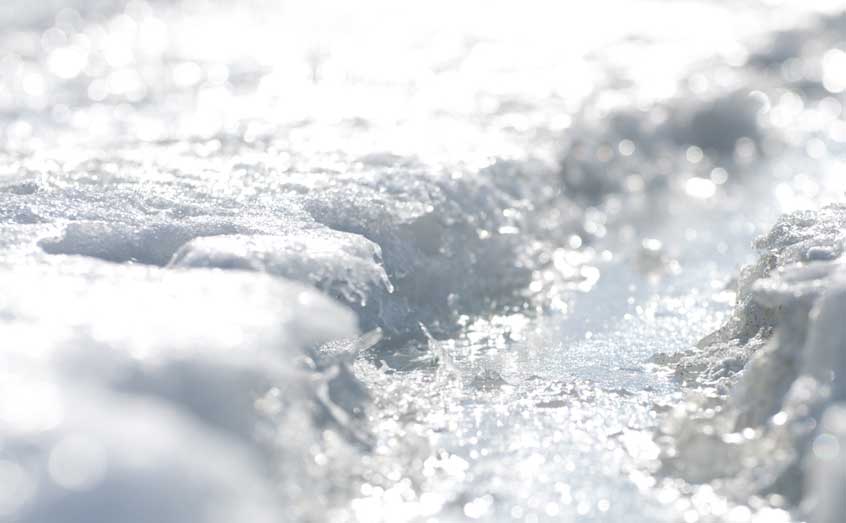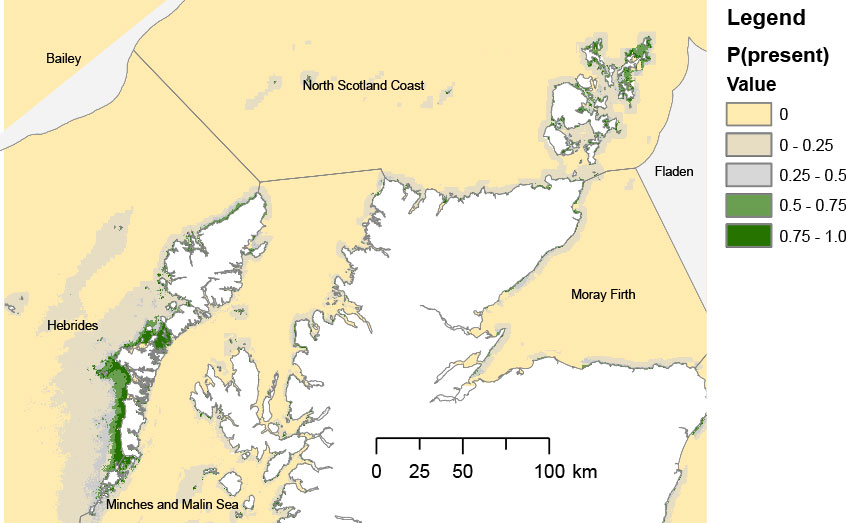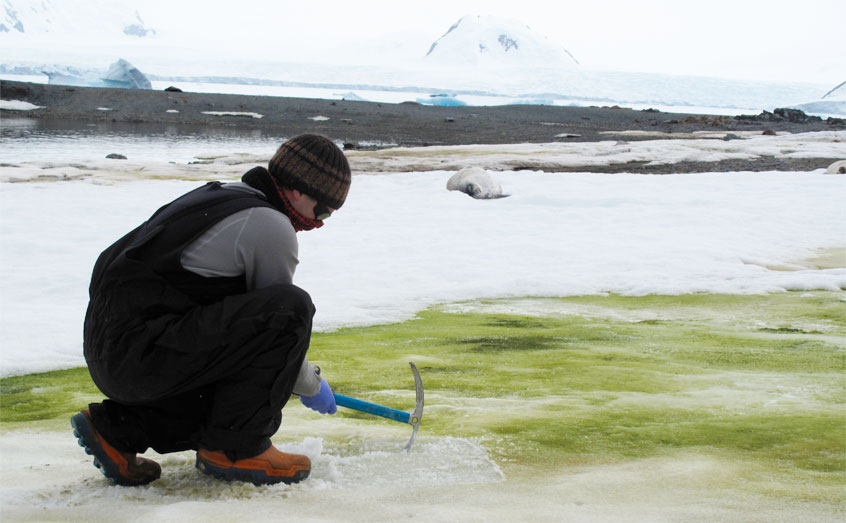From the outset, SAMS has always had a clear focus on growing our knowledge about the ecology of larger animals and plants, which we now incorporate into large-scale models to develop a detailed understanding of populations, communities and ultimately whole ecosystems.
Also for many decades we have been using observational, experimental and modelling approaches to study marine microbes, their relationship to natural and anthropogenic drivers and how this affects their ecology and the wider ecosystems.
We have been exploring the deep sea consistently since the 1970, when John Gage (benthos), John Gordon (fish) and john Mauchline (plankton) laid many of the foundations of today's understanding of the deep-sea ecosystem.
Our current interests focus on seamounts, ocean ridges and trenches, where the non-biological factors and productivity may change rapidly over short distances. We study biodiversity patterns and investigate their causes and controls. We explore the diversity of deep-sea bacteria as well as macrofauna and have particular phylogenic expertise in polynoid worms. We also investiage shifts in deep-sea food webs...
We are also investigating microplastics in the deep sea and in deep-sea animals (Courtene Jones).
Researchers involved in deep-sea ecology Narayanaswamy, Serpetti, Lamont, Last, Heymans.

